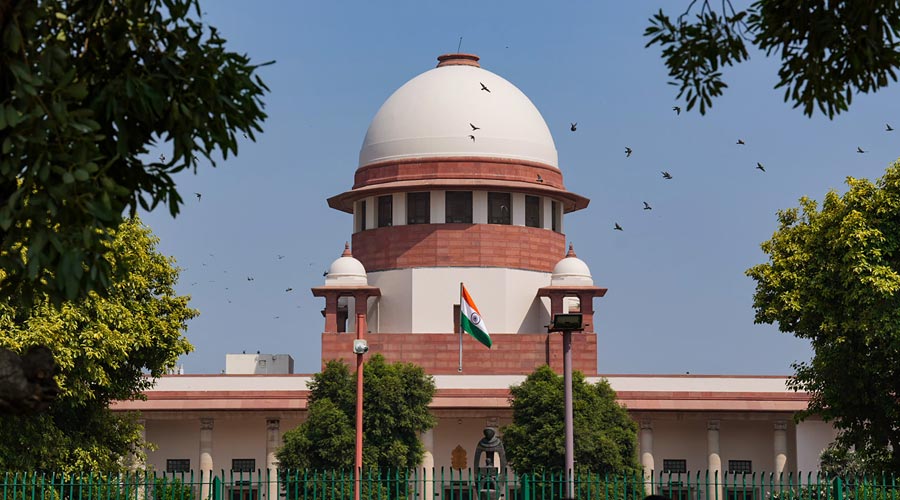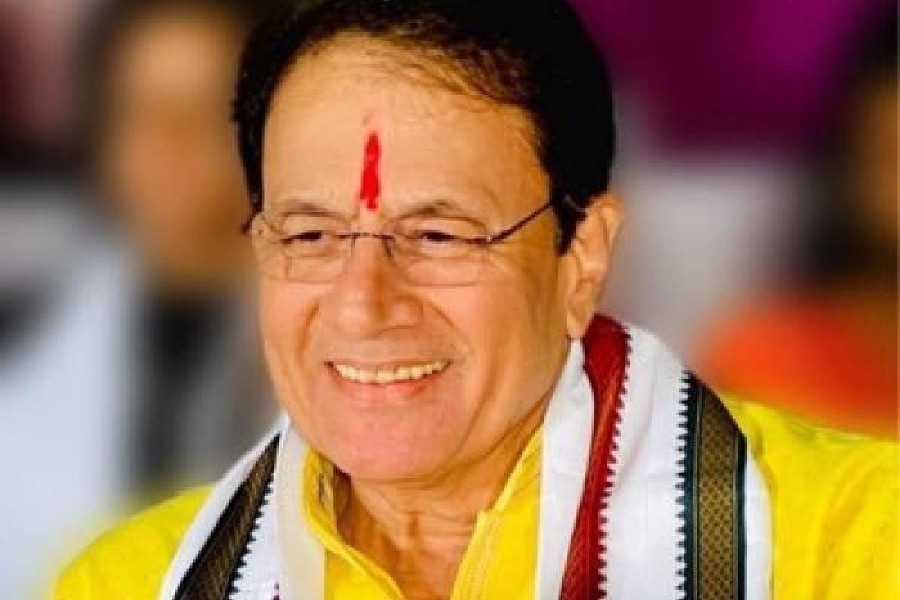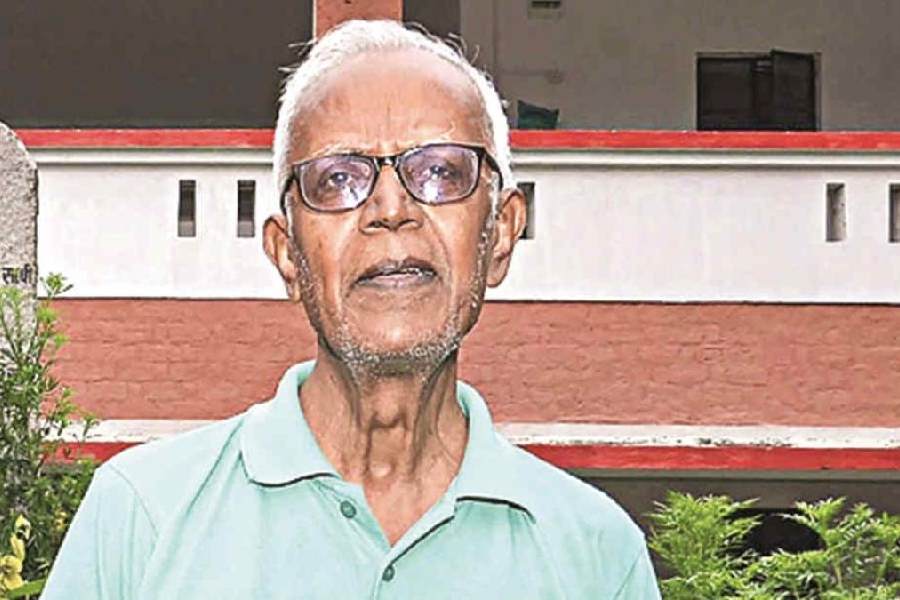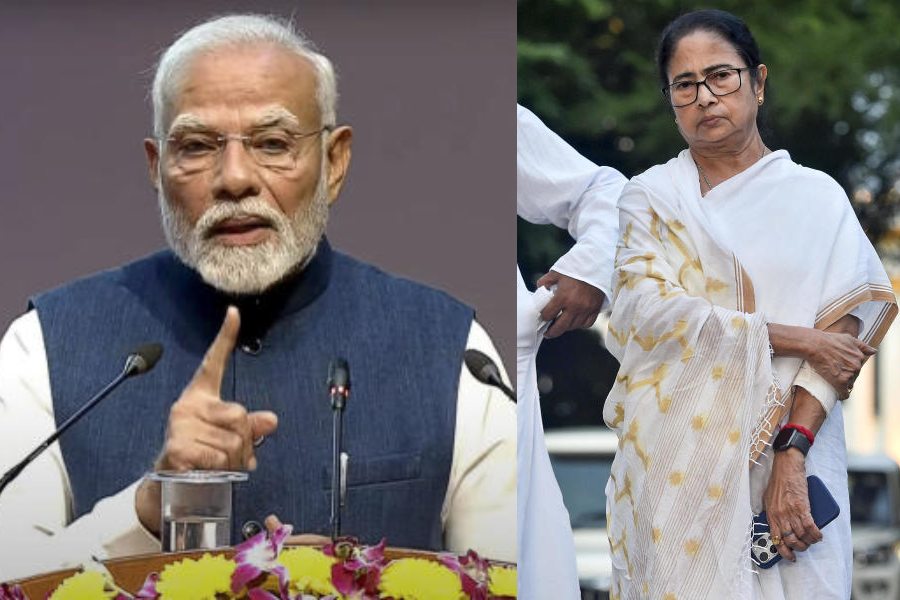The Supreme Court on Thursday upheld the constitutionality of Section 33(7) of the Representation of the People Act, 1951, which permits elected representatives to contest simultaneously from two constituencies.
A bench of Chief Justice D.Y. Chandrachud and Justices P.S. Narasimha and J.B.Pardiwala refused to quash the provision as sought in a PIL filed by advocate Ashwini Kumar Upadhyay who alleged that Section 33(7) resulted in several candidates contesting from two constituencies simultaneously, necessitating bypolls for the seats subsequently vacated by such candidates.
At the outset the CJI asked senior advocate Gopal Sankaranarayanan, appearing forthe petitioner, whether courts can interfere in matters that are purely in the legislative domain.
“Is this not a legislative policy?” Justice Chandrachud asked.
The senior counsel said the Election Commission of India and the Law Commission of India had recommended scrapping of the provision. He said that prior to 1996, a candidate could contest from many constituencies, but this provision was restricted to two seats after that.
“Parliament can intervene again, like it did in 1996, but it is not for the court to interfere,” Justice Chandrachud said. “Parliament will make a change again if it deems it fit. Let them consider it,” Justice Narasimha said.
Later, the bench dismissed the petition, saying: “This is a matter of legislative policy, since ultimately it is Parliament’s will to see if a country can be granted such a choice. Hence, in the absence of any manifest arbitrariness in the said provision, we cannot strike it down.”










